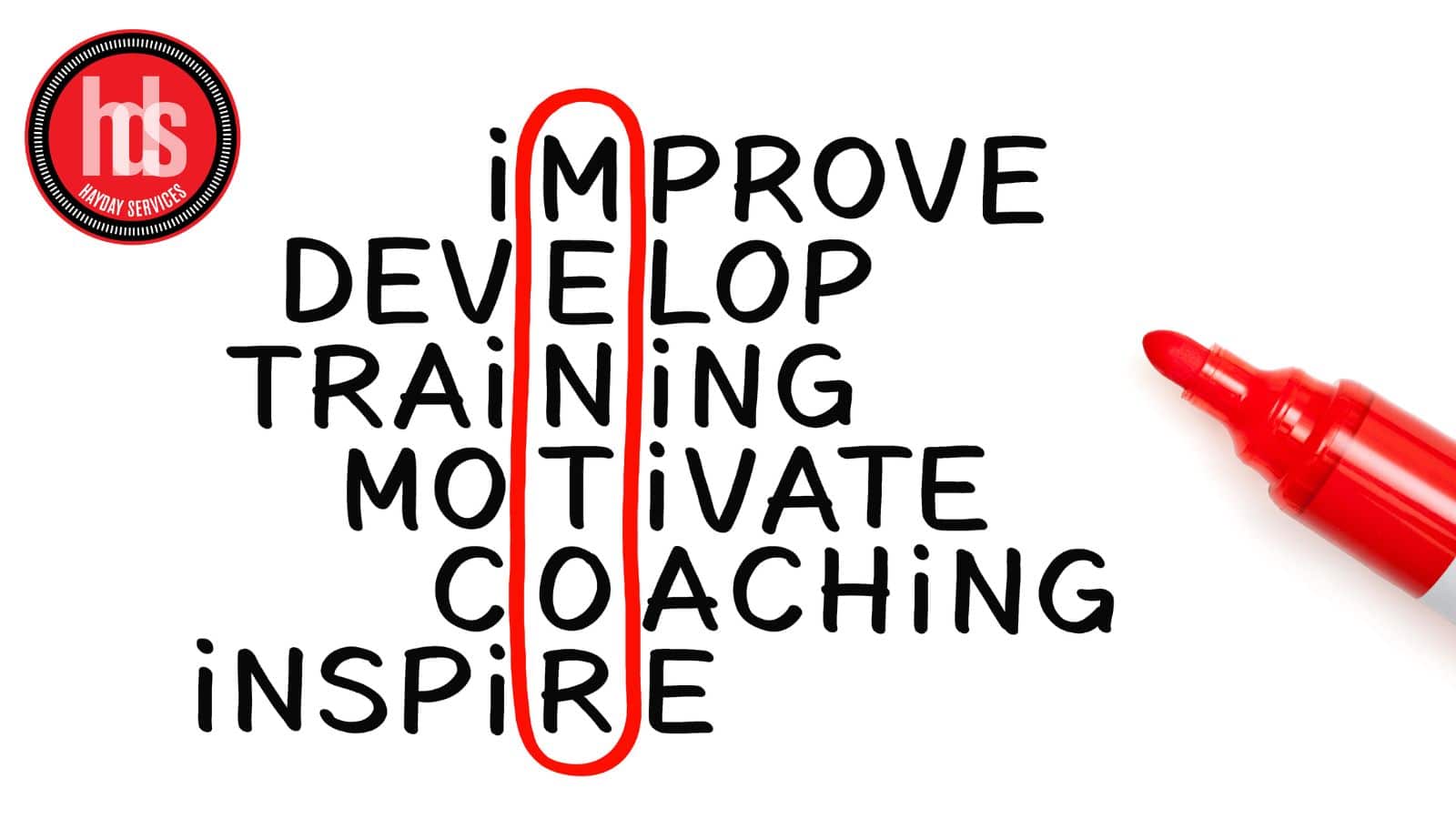Picture mentorship as a cozy sweater – most folks think you only need it when fresh out of college and shivering in the cold winds of the “real world.” But slipping into the comfy career cardigan of mentorship never goes out of style.
Over the past 28 years, I have built a career in nonprofit grant-seeking, fundraising, and consulting. But in the last 18 months, Amanda and I have launched HayDay Services, a training company about grants and such—new ground for this veteran grant seeker. Having a more formalized mentoring/coaching experience with Julie Boll Consulting has helped me push past obstacles that are often of my own making.
I also write historical mysteries, and the informal mentorship of Atlanta-area writers and an incredible critique group keep inspiring me to deepen my skills and persevere on the path to publishing.
I’m not alone in seeking development and advice, even though my undergrad days are long behind. As Dr. Janell Harvey’s story shows, mentorship can be valuable at any stage of your career – and you’re never too old to benefit from a mentor’s wisdom and support.
Dr. Harvey, founder and president of Harvey NPO Consulting Group, shared her mentorship journey, along with faith-based fundraising, and corporate-sponsored grant training, in the latest episode of the Fundraising HayDay Podcast HERE.
Her mentoring story began shortly after college graduation when she landed a job with Communities in Schools (CIS).
“There was a woman named Arlene Peterson,” Dr. Harvey recalls. “She was responsible for establishing CISs throughout the Midwest, and they hired me. I was only 22, fresh out of college. I didn’t know anything, but Arlene took me on as like her little sister. I didn’t even know grant writing existed. But they took a chance with me.”
Under Arlene’s guidance, Dr. Harvey learned the ins and outs of nonprofit management and fundraising. She mastered critical skills like filing for tax-exempt status, writing grant proposals, and establishing memorandums of understanding. By her second year on the job, Dr. Harvey had helped secure a $1.88 million federal grant for the organization.
The impact of this early mentorship experience has stayed with Dr. Harvey throughout her career. “We’re still connected today,” she says of Arlene. “She came to my baby shower. She’s like a big sister. Every time I talk about fundraising and things I’ve done, I always mention her because she brought me into the fold, so to speak.”
But Dr. Harvey’s mentorship journey didn’t end there. Decades into her career, with multiple degrees and accolades under her belt, she sought a new mentorship opportunity through the Milestone Circles Program at the Nasdaq Entrepreneurial Center.
This program brings together cohorts of about 60 women from diverse professional backgrounds for peer mentorship and learning. Despite her extensive experience, Dr. Harvey found immense value in connecting with her “milestone sisters.”
“I think the connections were most powerful,” she shares. “And the ability to just be open and share without feeling that you’re competing with somebody but having a willingness to share so that you can see your sister go forth and shine, too.”
The program also paired participants with mentors and offered webinars on fundraising, startups, and entrepreneurship. For Dr. Harvey, it provided learning opportunities and a supportive community of like-minded women.
Whether you’re a recent graduate or a seasoned professional, there’s always more to learn and room to grow. By staying open to mentorship opportunities – both as a mentee and a mentor – we can continue to evolve, expand our networks, and achieve new milestones in our personal and professional lives.
Take a cue from Dr. Harvey: Seek out mentorship opportunities, be open to learning from others, and never stop growing. After all, you’re never too old for a mentor.
Kimberly Hays de Muga, GPC, is an expert trainer and coach in nonprofit capacity building, grant writing, fundraising, and board development. She brings more than 25 years of fundraising experience that includes raising $100 million from individuals, foundations, corporations, and local, state, and federal funding for nonprofit agencies in the education, health, and human service sectors—from food banks to pediatric hospitals, to state-wide mental health coalitions.
Latest posts by Kimberly Hays de Muga
(see all)



